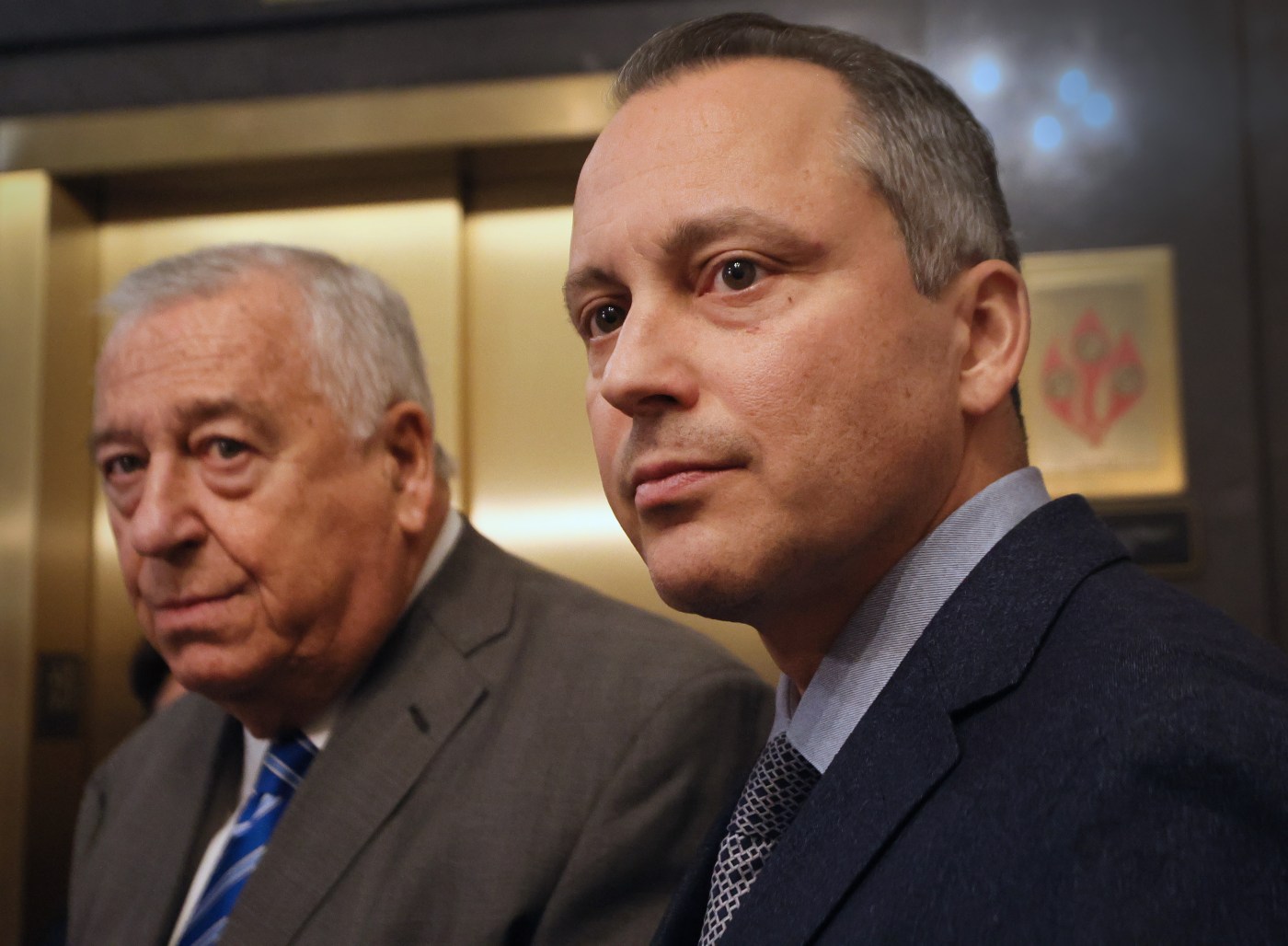
State budget will contain no tax hikes, according to Ways and Means chair
The budget due to be released by the state House of Representatives next week will not include any tax hikes, according to leading lawmakers.
The House Ways and Means committee is due to unveil its fiscal 2026 spending plan on Wednesday, and it should hopefully show voters that Beacon Hill lawmakers are aware of the shifting state of federal support and responding appropriately, committee Chair Aaron Michlewitz said. In point of fact, the state representative said, due to growing uncertainty, “for this budget cycle,” tax hikes are off the table altogether.
“We feel that, you know, in these uncertain times, that not knowing what is going to be happening with Washington, what industries they are going to be targeting, what circumstances — who’s going to be at the most risk — we felt it was not appropriate at this point in time to be adding any type of additional revenue, additional tax burden, to our residents and to our businesses,” Michlewitz told WCVB’s On the Record.
According to the House budget chief, Bay State residents are already feeling some pain from the Trump Administration’s fiscal policies, and adding to that pain just didn’t seem right.
“They are getting attacked from the federal side, we wanted to prevent that from happening on the state side as well,” he said.
Proposals by Gov. Maura Healey to tax candy sales or to change prescription drug fees, or any other new revenue generating ideas, will not feature in the House budget, according to the 3rd Suffolk lawmaker. Lower chamber lawmakers will instead focus on “balancing the budget with the revenues we have,” Michlewitz said. Budget writers are well aware of the possible impacts of an unreliable federal partnership, he said, and they’re just as concerned as any business.
“The unpredictability here is what’s most concerning. You know, as a (state) budget writer — and any budget writer — predictability is very important. The unpredictability that you’re facing here with the federal government is making things extremely difficult in terms of how to project,” he said.
Budget authors are used to dealing with the normal ups and downs of the markets and changes in the global economy, but “when you have a federal partnership, that we’ve had forever” and that’s all of the sudden proving unreliable, lawmakers are left wondering what might come next.
“You tell me where to cut, I know I can cut. You tell me where I can grow the budget, I’ll grow the budget,” the Ways and Means Chair said. Problems occur, he said, because of “this day-to-day, you know, not knowing what’s coming next, what’s around the corner.”
“I’d be worried about anything that’s tied to federal funding,” he said.
House Speaker Ron Mariano, speaking to the Greater Boston Chamber of Commerce last week, said that “state money will not be able to fill every gap created by sweeping cuts at the federal level” and that lawmakers can’t know where the axe will fall.
“There is still a huge amount of uncertainty regarding what will eventually be cut from the federal budget, especially when you consider that Trump and Elon are poised to make these cuts unilaterally, without consulting Congress,” Mariano said.
Because House budget writers are aware of potential gaps in federal funding, the House Speaker said, they “are committed to doing what we can in the House to ensure that residents and businesses here in Massachusetts are protected.”
“As the House works to develop our budget proposal for the upcoming fiscal year, I want to say here and now that our fiscal 2026 budget will not raise taxes or fees on any residents or businesses here in the commonwealth,” Mariano said.
The governor’s $62 billion fiscal year 2026 budget proposed hiking spending by 7.4%, but to be fair to Healey, it was drafted well before President Donald Trump’s global Trade War.


